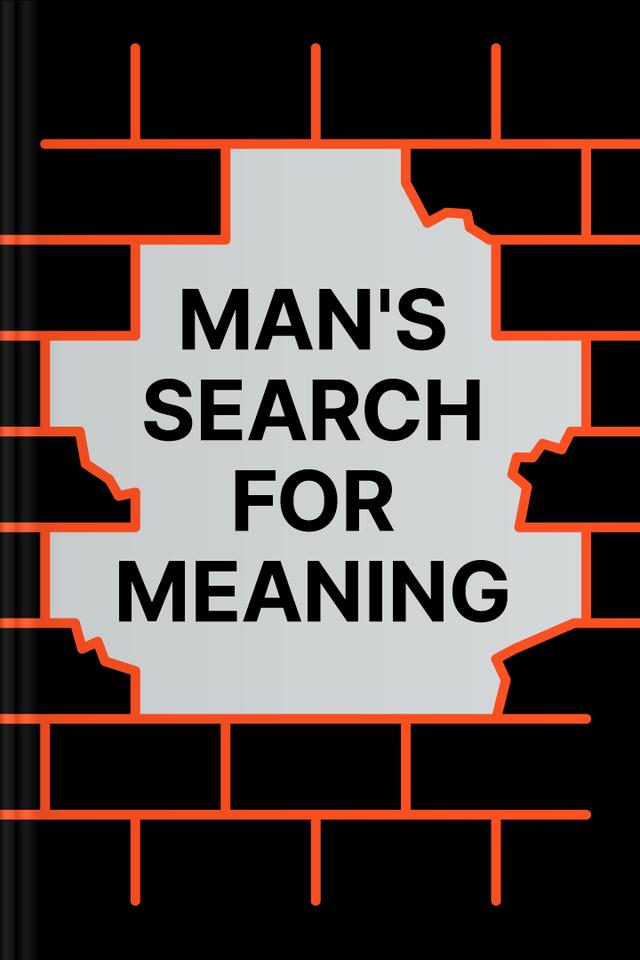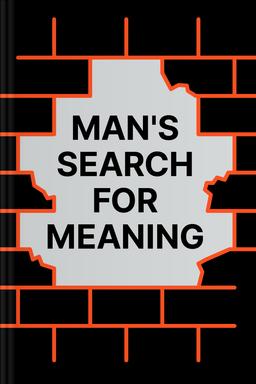You’ll learn
- Three ways of finding life’s meaning
- The depth of self-reflection of Holocaust survivors
- How to find resilience, hope, and strength
- About logotherapy
Protect the world’s peace. Donate to support Ukraine

first KEY POINT
The first stage of imprisonment manifests itself as “shock.” Upon incarceration, many inmates faced the frightening feeling of a new, cruel reality. As was common with inmates at concentration camps, the newbies were forced to cope with being snatched from normalcy and cast into a hell-like existence.
Shock gave way to apathy — a total disregard for emotion. Since the paramount desire of the prisoner was to protect their inner self, apathy was essential to prevent them from bothering about anyone but themselves. The author suggests that as the exterior hardens and dulls, we can feel stronger on the inside.
The prisoners coped with their misfortunes by developing vivid dreams of the future, visualizing a cessation of their suffering.There was no need for trivial desires for anything that didn’t ensure the prisoners' survival. As such, there was a drastic dip in libido among the inmates. They didn’t care for much, except politics and religion, with religion as first and foremost. As it would seem, our spirit grows stronger as we search for meaning during hard times. So, those with a strong spirit could withstand even the worst physical torture.Viktor Frankl also claimed that love was a key component in the will to survive. Simply knowing that you have someone to live for makes it easier to survive in a tough situation. Suffering may be deathly, but love is as strong as death.In the face of trials and death, love keeps the mind alive. The memory about a loved one is enough to keep it together.It was also helping to have memories of the easier times. An incarcerated person’s mind replays fond memories and keeps him in a state of blissful reminisce as a form of relief. It can also become more attuned to art, beauty, and nature or even heighten the prisoner’s sense of humor.Man's search for meaning chronicles author Viktor Frankl's experiences as a prisoner in Nazi concentration camps during the second world war. Frankl learned a lot about survival through his experiences and those of the inmates he keenly observed.You may not ever be in a concentration camp, but suffering is an unavoidable part of life. Frankl took notes of the traits and beliefs that made some inmates survive the harsh conditions others couldn't withstand, and after leaving the camp, he taught others these principles. Now it's your turn to learn them. This summary will show you what to do in an emotional crisis and how to find meaning even in pain.
second KEY POINT
The theory that man can survive anything was tested and proven in Nazi concentration camps, where people had to endure what can only be described as Hell on Earth. Although all went through the same ordeal, some survived to tell the story.

Continue reading with Headway app
Continue readingfirst KEY POINT
second KEY POINT
third KEY POINT
fourth KEY POINT
fifth KEY POINT